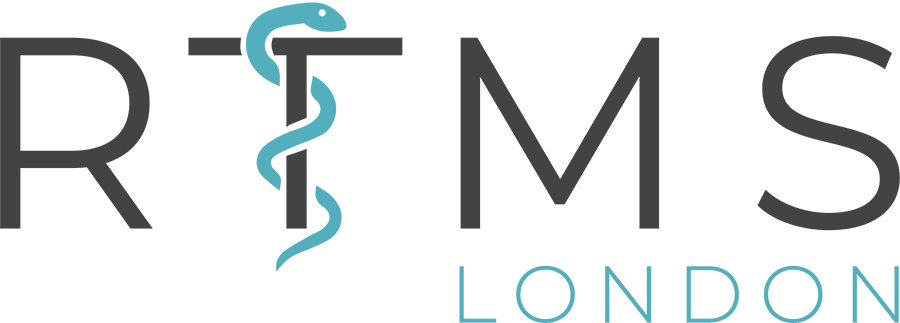
Case report “Tom” – Widespread Pain
History
Until six months ago, Tom was a fit, healthy man. He worked in a high-powered job in the defence sector, and has two grown up children. He had always been active, and enjoyed playing tennis and golf.
Presentation:
Tom presented to us with widespread pain, fatigue and poor sleep – all of which seemingly started for no apparent reason six months ago. The only thing he could think of that might explain this sudden illness was that he had experienced several very traumatic events in the previous year.
He reported pain in both shoulders, both hips and his low back, as well as tingling in both hands and both feet, with a sensation like he is “walking on glass”. Before coming to see us, Tom had surgery to his right shoulder, as well as carpal tunnel release surgeries on both wrists, however these only served to increase his pain further. He had been given strong painkilling medication, which was doing nothing, and was becoming very concerned about the limiting effect this was having on his usually active lifestyle. Things had become so severe for Tom that he was unable to work, and was on leave from his job.
Diagnosis:
Tom’s blood tests, scans, and nerve conduction studies all came back clear, and it was decided that sensitisation of the nervous system was responsible for his symptoms. Although this may sound unusual, this kind of presentation is not uncommon after a person has experienced trauma. People suffering from post-traumatic stress disorder (PTSD) are up to five times more likely to experience chronic pain than those without the condition, and sensitisation of the nervous system has been shown to be a key factor in this..
Treatment:
Both repetitive transcranial magnetic stimulation (rTMS) and magnetic shockwave therapy (MST) have been shown to have a desensitising effect on the nervous system when applied in a specific way. So, with this in mind, it was decided that Tom would have combination of both treatments.
The Result:
Tom underwent a course of 11 sessions of rTMS and 11 sessions of MST, and showed excellent improvements. He was assessed using a pain questionnaire, and showed improvements of 74%. Even more impressively, his scores on the Sheehan Disability Scale, which looks at the impact that an illness has on your professional, personal and social life, improved by 80%. Tom was delighted by the progress that had been made, and was quickly able to make a return to full-time work.
Ongoing Management:
Although Tom reported excellent improvements from treatment, his nervous system would still occasionally flare up if he pushed himself too far. It was decided that EMDR could be a helpful addition to his ongoing management, as dealing with the underlying trauma has been found to help to reduce chronic pain in cases like this. He was referred to a specialist in this field, and will undergo some sessions alongside ongoing maintenance sessions of both rTMS and PMS.
At RTMS London we strongly believe that a multidisciplinary approach is the best way to manage complex cases such as this, as the causes are often multifactorial. This holistic approach helps us to really understand our patients as people, and allows them to get the care that they truly require.
Get in touch
